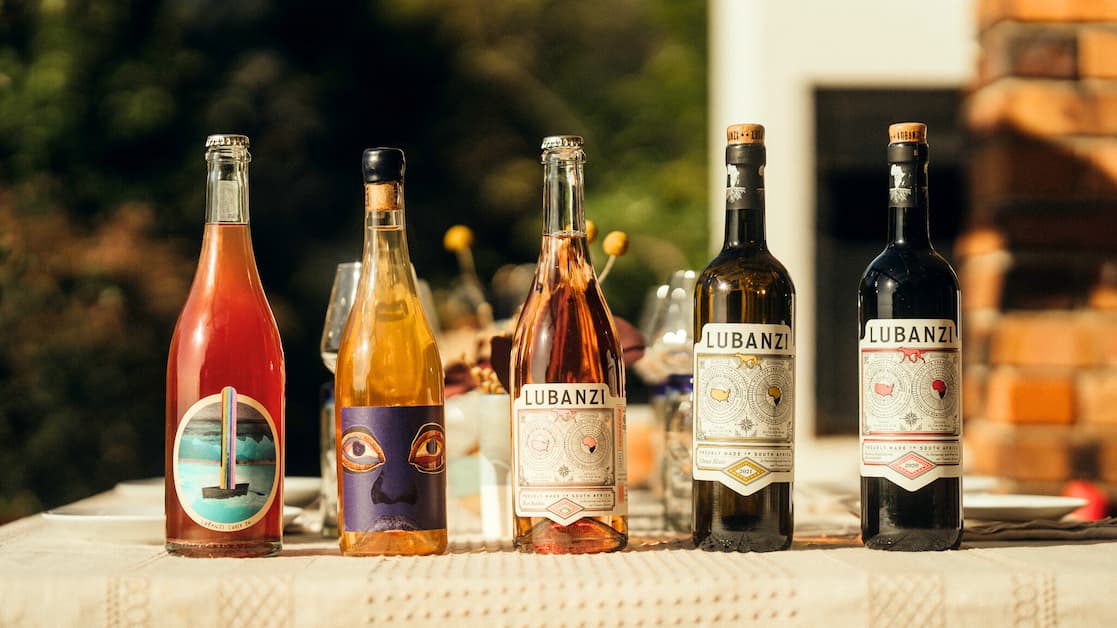.png)
If you’re just getting started on measurement as a jumping off point for your climate action work, then you might have used the Business Emissions Evaluator (BEE) to complete an estimate of your business’s annual carbon inventory.
After completing an estimate, you might be wondering…
Let’s break it down!
Your BEE estimate is calculated using economic models. You type in high level cost data for your whole business for a year, and the BEE makes assumptions about how you likely spent that money. After the BEE estimates your spend, it applies emission factors to turn those figures into greenhouse gas emissions estimates in tonnes of carbon dioxide equivalent (tCO2e).
This estimation model runs on a data set called Exiobase which tells us how industries spend money, broken down by other industries. The BEE applies this data set at the firm level first to determine spending by industry. Then, monetary emission factors are applied to convert spending to emissions.

Your estimate is broken down by scopes in alignment with the Greenhouse Gas Protocol.
The BEE is designed to estimate “cradle to customer” emissions (Scope 1, Scope 2, and Scope 3 Categories 1-7 and 9). This includes emissions related to all products, services, and business activities. The BEE estimation model flows out spending estimates across each of these Scopes and categories to provide a holistic estimate of your cradle to customer carbon inventory.
We determined this measurement boundary in the BEE initially to support companies pursuing Climate Neutral Certification, who are required to measure their cradle to customer emissions to align with the Climate Neutral Certified Standard and use the certified label. These boundaries also align with the many frameworks out there that call for measuring “cradle to gate” emissions.

There are many assumptions baked into your estimate. That is why it is called an estimate. It’s reflective of industry averages. If you drill down into the outputs of the model, you might find emissions contributors (like pigs, for example!) that you are certain are not present in your company's actual supply chain. That’s ok! Your estimate is not meant to perfectly reflect your individual operations but instead give an initial rough sense of your company’s total climate impacts. This is a powerful starting point to begin planning your long-term transition toward achieving net zero GHG emissions.
Over thousands of estimates, we’ve also found emissions hot spots identified during estimation typically do not change—even after users add more precise data. So, if purchased goods from your largest factory are a big share of your total emissions now, it’s a great place to start focusing on reduction measures.
If you’ve completed an estimate and you’d like to delve deeper into your measurement work, you can always opt to refine your measurement. Refinement in the BEE allows you to correct the estimation model by adding your precise operational data and provides a more detailed analysis of your emissions contributors.
We recommend refinement for everyone - especially businesses that have more than $5m in annual revenue, or want to publicly report emissions totals, or are working on reduction action plans.
Ready to refine your estimate? Purchase a license and join the hundreds of companies now embarking on comprehensive carbon management!
Subscribe to the latest news and announcements from our team.

A conversation with Lubanzi Wines on weaving climate action into its DNA, leading with transparency and earning The Climate Label for long-term impact.

Brent Kawamura shares how REI is aligning climate ambition with action — leveraging brand partnerships, funding climate solutions and focusing on credible tools and certifications to accelerate and scale impact across its supply chain.

John Mascari, Co-Founder and President of certified brand Blueland, discusses the company's priorities to reduce energy use, materials, and carbon emissions from making and delivering their products, and how The Climate Label has provided the framework for investing in new climate initiatives.
Sign up to receive the latest news and announcements from the Climate Neutral team.
Sign up to receive the latest news and announcements from the Climate Neutral team.